Essential Insights into Quarry Tile Polishing Services in Hersham for Timeless Floors
-
- Quarry tiles require expert care due to their porous nature: these tiles, formed from natural clay, are susceptible to staining and dulling, particularly in heritage homes.
- Enhancing appearance and durability through polishing: Professional polishing not only revitalises the colour but also smooths the texture and shields against wear.
- Polishing may not suit all floors: Quarry tiles installed before 1960 often lack a damp-proof membrane (DPM). Polishing these can trap moisture, leading to damage.
- Alternative solutions for older floors: impregnating sealers. These colour-enhancing sealers allow tiles to breathe while enhancing their aesthetic appeal.
- Understanding mechanical versus chemical polishing methods: Mechanical methods utilise abrasion, while chemical methods apply safe compounds. The choice hinges on the tile's condition and desired finish.
- Eco-conscious options are accessible: Non-toxic, pet-safe products are ideal for family homes and contribute positively to indoor air quality.
- Crucial preparatory steps include cleaning and sealing: deep cleaning removes contaminants, while sealing safeguards the surface after polishing.
- Regular maintenance is vital: use pH-neutral cleaners, avoid abrasive products, and schedule periodic inspections to maintain optimal results.
- Polishing is safe for heritage floors—when approached correctly: Gentle techniques and breathable sealers maintain historical integrity.
- Costs depend on size and condition: Free consultations are available to assess requirements and provide personalised quotes.
Why Is Specialist Care Essential for Quarry Tiles?
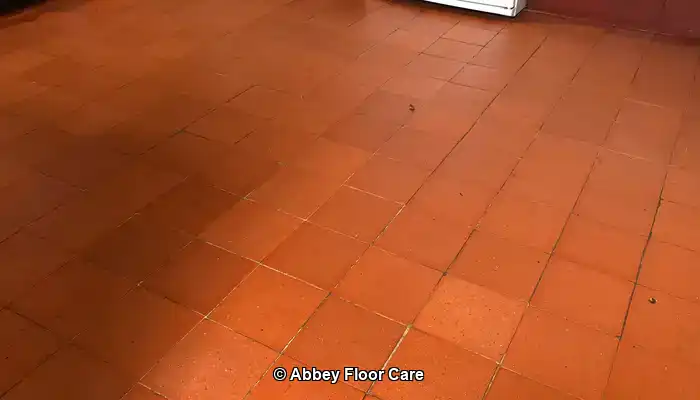
Quarry Tile Polishing Services for Timeless Floors in Hersham: Quarry tiles are an enduring flooring option, particularly cherished in heritage homes and traditional properties throughout Hersham. Crafted from natural clay and fired at high temperatures, these tiles are celebrated for their remarkable durability, rich earthy hues, and rustic allure. However, despite their robust characteristics, quarry tiles are not impervious to the detriments of time. Factors such as foot traffic, spills, and improper cleaning techniques can lead to a lacklustre surface, unsightly stains, and a gradual erosion of their intrinsic beauty.
Pro Tip: Recommended Products for Daily Maintenance of Quarry Tiles
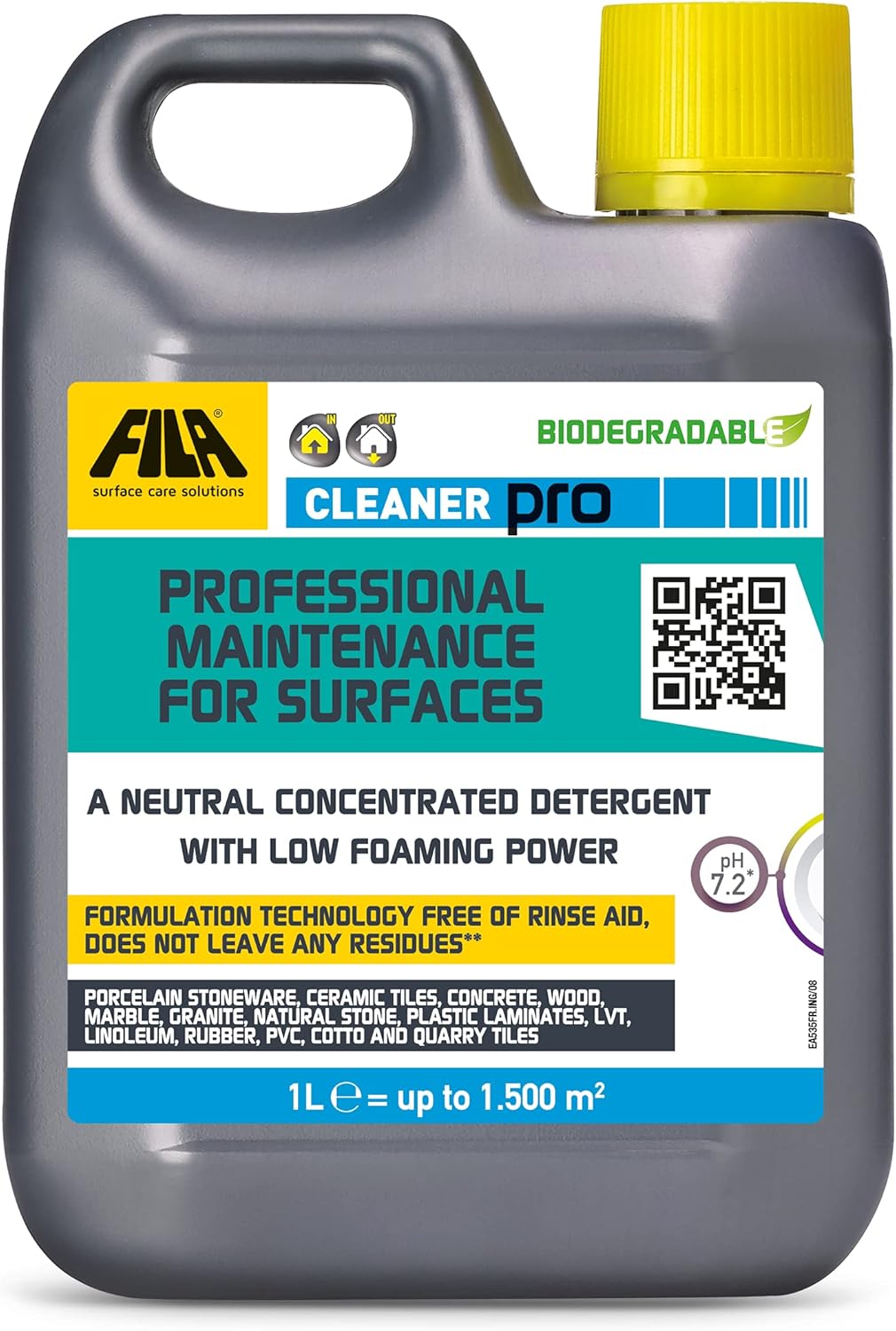
Fila Pro Floor Cleaner
|
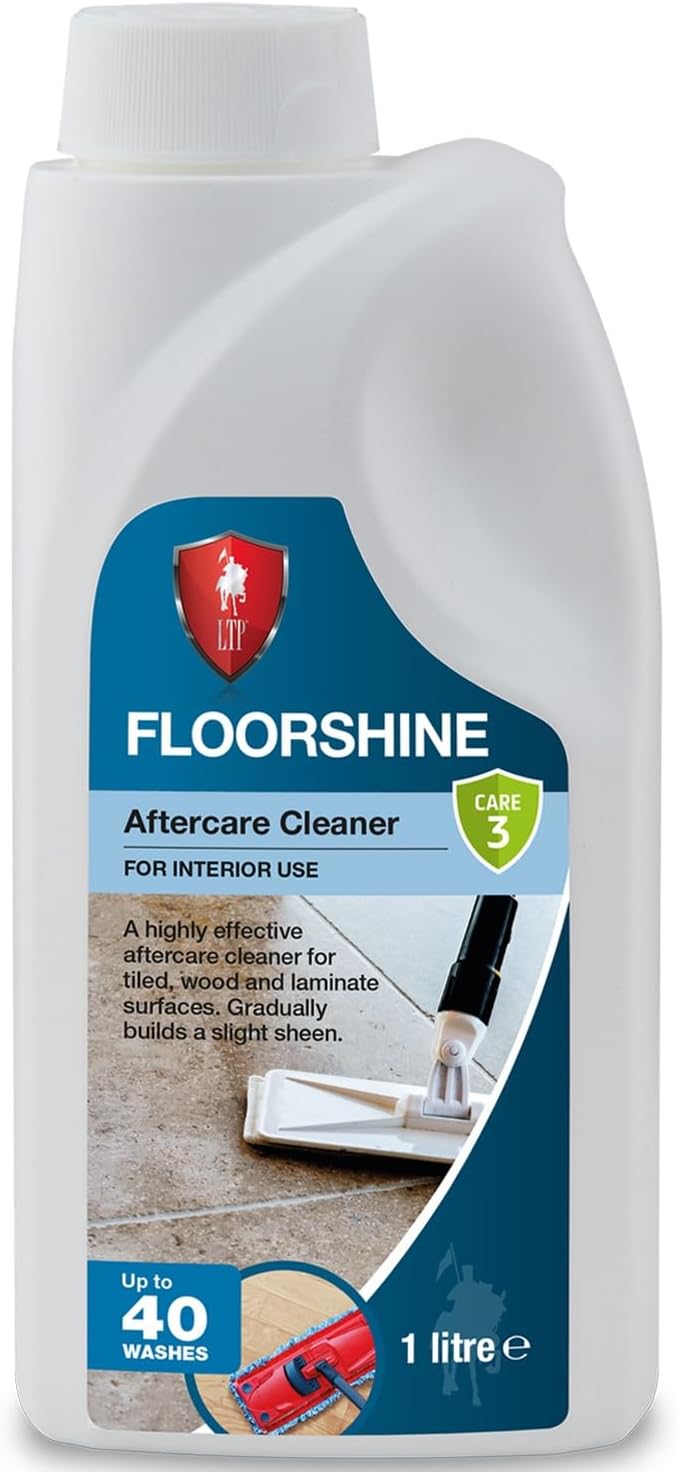
LTP Floorshine
|
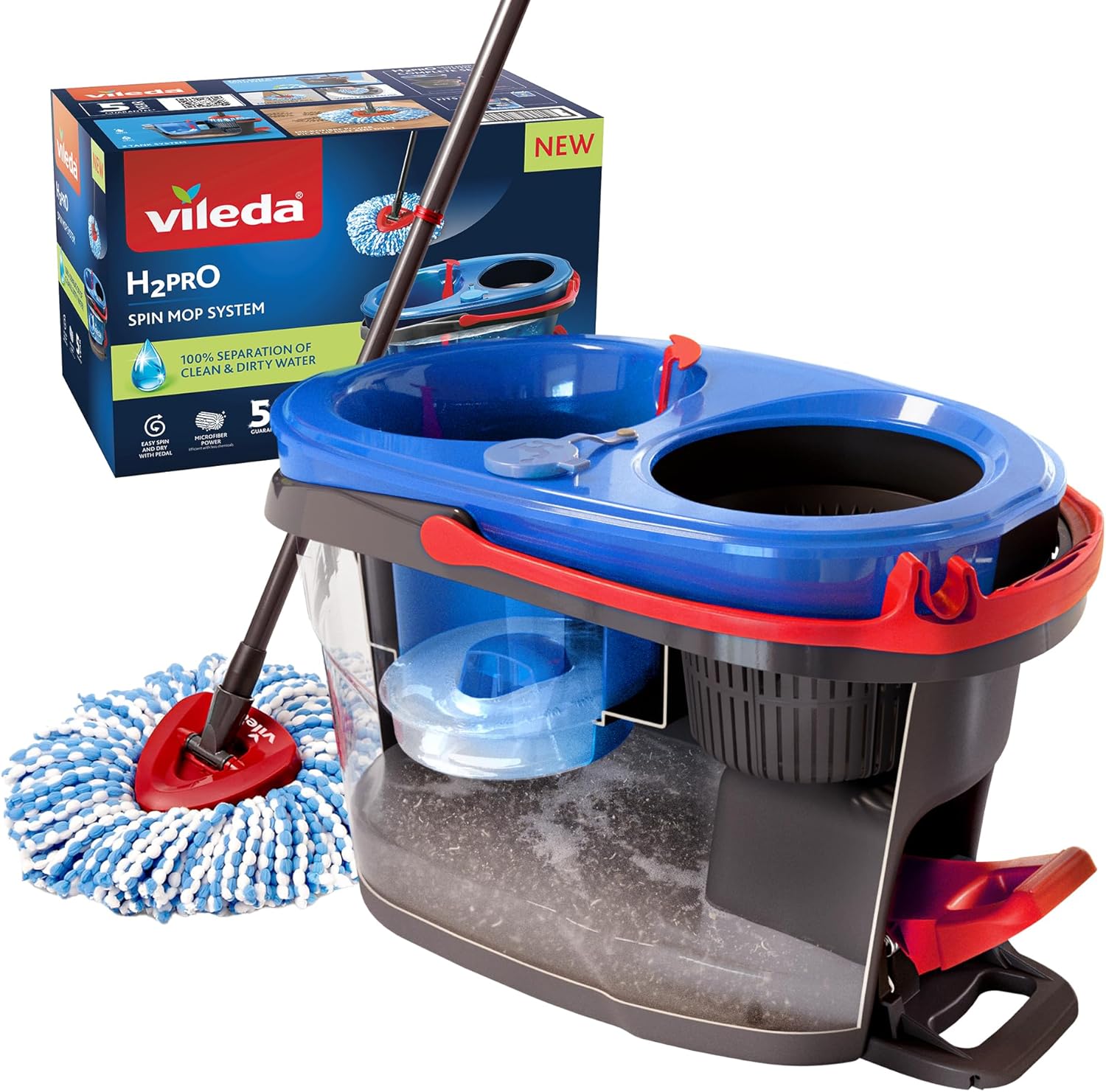
Vileda H2PrO Spin Mop System
|
What Distinguishes Quarry Tiles from Other Flooring Options?
In contrast to ceramic or porcelain tiles, quarry tiles are unglazed and highly porous. This characteristic allows them to absorb moisture and grime more readily, making them prone to staining if not maintained appropriately. Their rugged texture and organic composition give them a unique aesthetic, yet they require a more refined care regimen. In various homes across Hersham, quarry tiles are typically installed in kitchens, hallways, and garden rooms—areas that experience frequent foot traffic and exposure to dirt, water, and various cleaning agents.
Given their specific composition, quarry tiles benefit significantly from specialist treatment. Generic cleaning solutions or DIY polishing kits may inadvertently cause more harm than good, as they can strip away protective layers or leave residues that attract additional dirt. Professional polishing not only revitalises tiles’ original colour and texture but also prepares them for sealing, a crucial step in ensuring long-term protection.
What Are the Common Indicators That Your Quarry Tiles Require Polishing?
Homeowners in Hersham frequently observe subtle changes in their quarry tile floors, signalling the need for restoration. Notable indicators include:
- Lack of surface sheen: The tiles may lose their natural lustre, appearing flat or lifeless.
- Staining: Marks from food spills, beverages, or cleaning chemicals may persist despite regular mopping.
- Inconsistent texture: The surface may feel rough or uneven, especially in high-traffic areas.
- Fading colour: The vibrant reds, browns, and greys of quarry tiles may fade or become mottled over time.
These signs extend beyond superficial concerns; they signify that the tiles are vulnerable to more serious damage. Without timely intervention, the surface could become etched, grout lines may deteriorate, and the flooring's overall integrity could be compromised.
What Advantages Does Professional Restoration Offer?
Investing in professional quarry tile polishing offers benefits that go beyond mere aesthetic enhancement. It is a proactive measure to preserve the functionality and value of your flooring. Key advantages include:
- Revitalising natural beauty: Expert polishing techniques revive the depth and richness of the tile’s original colour.
- Preventing long-term damage: By eliminating surface contaminants and applying protective treatments, professionals extend the lifespan of your tiles.
- Increasing property value: A well-maintained floor adds character and appeal to your home, particularly in a market like Hersham where period features are highly valued.
Whether you are preparing your home for sale or wish to bring out the full potential of your quarry tiles, specialist care is paramount for unlocking their true charm.
Discover how polishing can unveil the hidden beauty of your floors—schedule a free consultation with a tile care expert today.
Exploring Effective Polishing Techniques for Quarry Tiles
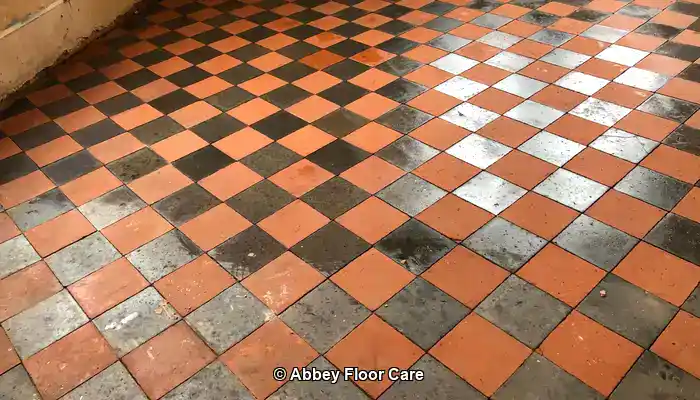
The process of quarry tile polishing is both an art and a science. The appropriate technique hinges on the age and condition of the tiles as well as the desired finish. Homeowners in Hersham often seek solutions that achieve a balance between effectiveness and safety—especially in residences with children, pets, or heritage flooring. This section delves into the most prevalent polishing methods and their effects on both the appearance and longevity of quarry tiles.
Why Is Polishing Often Inappropriate for Older Quarry Tile Floors?
It is essential to determine whether the flooring has a damp-proof membrane (DPM). Many quarry tile floors installed before 1960 lacked a DPM, necessitating that moisture escape from the subfloor. In such instances, polishing is ill-advised. Mechanical polishing tends to seal the stone's pores, while chemical polishing can hinder moisture movement, both of which can lead to long-term damage. For older floors without a DPM, the safest approach is to thoroughly clean the surface and apply a colour-enhancing impregnating sealer that protects the surface while allowing vapour transmission.
Comparing Mechanical and Chemical Polishing Techniques
Chemical polishing is the most commonly used method for quarry tiles, utilising safe compounds to lift stains and smooth surfaces without causing abrasion. This technique is particularly advantageous for structurally sound tiles that have lost their colour or sheen due to accumulated residue. Within Hersham homes, chemical polishing is typically favoured for heritage floors, kitchens, or enclosed areas where dust control is paramount.
Conversely, mechanical polishing uses diamond abrasives or rotary machines to grind the surface gently, removing imperfections and restoring a smooth, even finish. This method proves ideal for tiles that have become rough or uneven from wear and tear.
The choice between mechanical and chemical polishing ultimately depends on the condition of the tiles and the homeowner’s objectives. A professional evaluation can help determine the most suitable approach, ensuring the tiles receive meticulous care and precision.
What Eco-Friendly and Non-Toxic Polishing Options Are Available?
Contemporary quarry tile polishing services in Hersham increasingly offer environmentally friendly solutions. These include biodegradable polishing agents and low-odour treatments that are safe for maintaining indoor air quality. For families with pets or young children, non-toxic alternatives are essential.
Such products not only safeguard the health of occupants but also protect the integrity of the tiles. Harsh chemicals can deteriorate the clay surface or leave residues that attract additional dirt. Eco-conscious polishing ensures a clean, safe, and sustainable outcome.
How Does Polishing Elevate Durability and Appearance?
Beyond enhancing aesthetics, polishing plays a critical role in safeguarding quarry tiles from future damage. A polished surface exhibits reduced porosity, rendering it more resistant to moisture, staining, and grime accumulation. This aspect is particularly vital in high-traffic areas, such as hallways or entryways.
Moreover, polishing revitalises the depth and richness of the tile’s natural colour. Whether you prefer a satin finish or a subtle matte aesthetic, professional polishing can achieve the desired effect while reinforcing the tile’s durability.
CTA: Compare polishing techniques to identify the best fit for your home and tile type—consult a specialist located in Hersham or receive personalised recommendations.
The Importance of Cleaning and Sealing Before Polishing
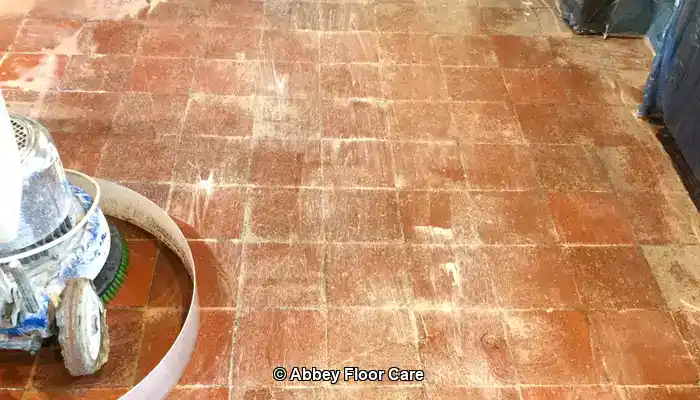
Before commencing any polishing, thorough cleaning and sealing are critical preparatory steps in the restoration process. Given their natural porosity, quarry tiles can trap dirt, grime, and other residues in their surfaces and grout lines. If these contaminants are not eradicated beforehand, polishing will merely seal them in, resulting in uneven results and potential long-term damage. In homes across Hersham, where quarry tiles are often used in high-traffic areas like kitchens and hallways, meticulous preparation is paramount for achieving a pristine finish.
Why Is Deep Cleaning an Indispensable Step?
Professional deep cleaning surpasses the effectiveness of a basic mop-and-bucket approach. It entails using specialised equipment and solutions to lift embedded grime without damaging the clay surface. This procedure is essential for older tiles or those that have been subjected to years of foot traffic and household spills.
- Eliminates ingrained dirt, grease, and residues
- Removes old sealants or wax coatings
- Prepares the surface for uniform polishing
- Avoids sealing over contaminants that may cause discolouration
In Hersham, many homeowners prefer low-moisture cleaning systems to prevent tile saturation, which can lead to efflorescence or extended drying times.
How to Select the Right Sealant for Your Quarry Tiles
Once the tiles have been thoroughly cleaned and polished, applying a sealant is crucial to protect the surface from future staining and wear. However, not all sealants offer the same benefits. The selection of the appropriate sealant depends on the tile’s finish, its location, and the desired appearance.
- Penetrating sealers: These penetrate the tile and grout, offering invisible protection without altering the appearance.
- Surface sealers: These create a protective layer that can enhance polish by imparting a gloss or sheen.
- Ensuring compatibility with traditional finishes is critical for heritage properties in Hersham.
A professional will assess the tile type and recommend the most suitable sealing product, balancing protection and aesthetics.
Preparing the Surface for Optimal, Long-Lasting Results
Even with the most appropriate products, the application technique is crucial. Proper surface preparation ensures that the sealant adheres effectively, resulting in a finish that is both visually appealing and durable.
- Allowing sufficient drying time after cleaning
- Conducting patch tests to check for reactions or colour changes
- Avoiding foot traffic during the curing process to prevent smudging or uneven application
- Utilising professional-grade tools for uniform application
Neglecting these steps can result in premature wear, patchy finishes, or trapped moisture—issues that are costly to rectify and easily preventable with expert care.
CTA: Seeking long-lasting results from your quarry tile polishing? Begin with a professional clean and seal—schedule an assessment with a Hersham-based expert today.
Effective Maintenance Strategies After Polishing
Once your quarry tiles have undergone professional polishing and sealing, maintaining their beauty becomes significantly easier, but it still necessitates a thoughtful approach. Homeowners in Hersham who invest in restoration often desire to protect that investment for years to come. This section outlines practical, effective maintenance strategies to keep your floors in prime condition.
What Cleaning Products Are Recommended for Sealed Quarry Tiles?
Following polishing and sealing, the surface of quarry tiles becomes increasingly resistant to staining and wear. Nonetheless, utilising the incorrect cleaning products can still compromise the sealant or dull the finish.
- Employ pH-neutral cleaners specifically formulated for natural stone or clay tiles.
- Refrain from using acidic substances such as vinegar, lemon juice, or bleach.
- Select soft microfiber cloths or mops to avert abrasiveness.
- Address spills promptly to prevent seepage into grout lines.
Many residents in Hersham prefer eco-friendly cleaning solutions that are safe for pets and children, particularly in kitchens and family spaces.
How Frequently Should You Repolish Your Quarry Tiles?
Polishing is not a weekly chore; however, it is not a one-time treatment either. The frequency of repolishing depends on the level of wear your tiles experience and the type of finish you selected.
- High-traffic areas may necessitate touch-ups every 12–18 months.
- Low-traffic rooms can often go several years between treatments.
- Be vigilant for signs such as dullness, staining, or uneven texture.
- Arrange for annual inspections to identify issues early.
A Hersham-based tile care expert can evaluate your floors and recommend a maintenance schedule tailored to your specific needs.
How to Preserve Shine Without Damaging the Surface?
Even sealed and polished quarry tiles remain vulnerable to scratches or dullness from everyday activities. Implementing a few preventative measures can greatly enhance their longevity:
- Position rugs or mats at entryways to capture dirt and grit.
- Employ felt pads beneath furniture legs to avert scratches.
- Avoid dragging heavy items across the floor.
- Keep pets’ nails trimmed to minimise surface wear.
These simple habits can significantly extend the life of the finish and reduce the frequency of required restoration.
CTA: Protect your polished quarry tiles with effective maintenance strategies—consult a Hersham specialist for a personalised care plan today.
❓ Common Questions Regarding Quarry Tile Polishing
Buyer Journey Stage: Decision-Making
When contemplating professional quarry tile polishing, homeowners in Hersham often have several final inquiries before proceeding with a service. This section addresses the most frequently asked questions and clarifies what to anticipate.
Can You Polish Old or Damaged Quarry Tiles?
Indeed, many older quarry tile floors can be effectively restored. Even if the tiles exhibit chips, stains, or unevenness, professional polishing, combined with targeted repairs, can rejuvenate them.
- Minor chips and surface abrasions can be smoothed and filled.
- Deep stains may necessitate chemical treatment or refinishing.
- Severely damaged tiles may require replacement, although this is uncommon.
- Restoration is often more cost-effective than complete retiling.
If your tiles are part of a heritage property, a specialist will evaluate their condition and recommend the most suitable treatment.
Is Polishing Safe for Heritage Floors?
Absolutely. Quarry tiles are integral to numerous period homes across Hersham, and seasoned professionals employ gentle, non-invasive techniques to uphold their historical integrity.
- Low-impact mechanical polishing avoids imparting structural stress.
- Eco-friendly products safeguard both the tiles and the surrounding environment.
- Customised care plans ensure adherence to conservation standards.
- Restoration enhances the charm of heritage interiors without compromising authenticity.
Whether your home is listed or exudes vintage charm, polishing can be customised to respect its architectural significance.
What Is the Cost of Professional Polishing in Hersham?
Pricing varies based on the area size, tile condition, and the level of service required. Most providers offer transparent quotes and flexible packages.
- Small rooms may start from £250–£400.
- Larger areas or multi-room projects may range from £600–£1,200+
- Packages often encompass cleaning, polishing, sealing, and optional repairs.
- Free consultations are typically offered to assess your specific needs.
Investing in professional polishing not only enhances your home’s visual appeal but also preserves your flooring for years to come.
CTA: Ready to restore your quarry tiles? Schedule a free consultation with a Hersham-based floor care expert and rejuvenate the timeless beauty of your home.
The article Quarry Tile Polishing Services in Hersham for Timeless Floors first appeared on https://www.abbeyfloorcare.co.uk



What an engaging dive into the timeless world of quarry tiles! I must admit, the very mention of polishing makes me think of my grandma’s kitchen floor that always had the magical ability to hold on to the remnants of every meal, no matter how quickly I wiped it down. Perhaps that stubborn lasagna stain was just trying to tell me that quarry tiles need a bit more love and care than a casual scrub with some soap and water.
Your grandma must have had some serious kitchen magic happening if those quarry tiles held onto every meal like that. Sometimes I think they’re in league with our clumsy cooking tendencies. The stubborn lasagna stain is probably just showing off its ‘artistic’ side, right?